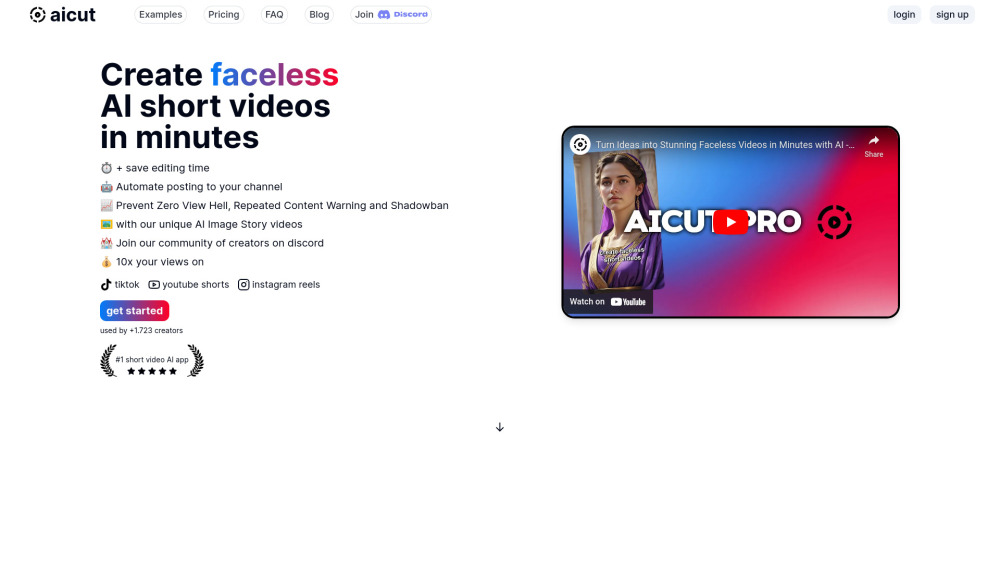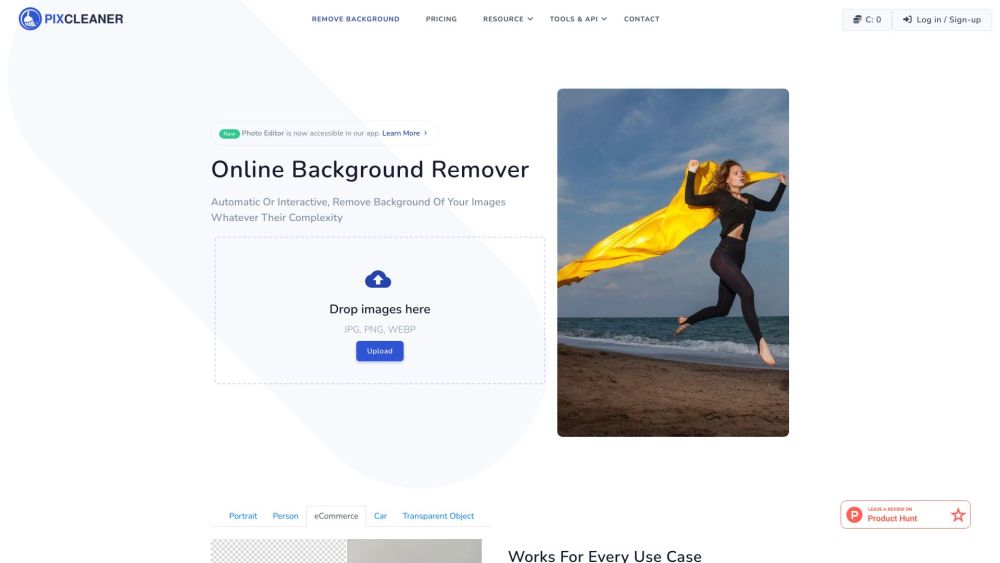Malicious hacking is becoming increasingly sophisticated, prompting a significant shift in security technology. To ensure the safety of individuals and organizations, security measures must consistently evolve.
Security startup PQShield is ahead of the curve, concentrating on “post-quantum” cryptography. This encompasses software and hardware solutions designed to be resilient against future cyber threats posed by advanced quantum computers.
To meet the growing industry demand for hardware and related systems, PQShield has successfully raised an additional $37 million in funding. The Series B round was led by Addition, the investment firm headed by Lee Fixel, with participation from notable investors including Chevron Technology Ventures, Legal & General, and Braavos Capital, all of whom are joining as new backers, alongside existing investor Oxford Science Enterprises. Addition also spearheaded PQShield’s Series A funding round in 2022. The startup has chosen not to disclose its valuation.
Dr. Ali El Kaafarani, a mathematician and the founder of PQShield, indicated that this funding will allow the company to expand its talent pool and enhance collaboration with both existing and new customers and partners. Notable collaborators include renowned companies such as AMD, Microchip Technologies, Collins Aerospace, Lattice Semiconductor, Sumitomo Electric, NTT Data, and Mirise Technologies (Toyota/Denso R&D). Additionally, PQShield provides advisory support to high-profile organizations like the White House, European Parliament, U.K. National Cyber Security Council, and World Economic Forum, and has collaborated with industry giant Nvidia.
“We maintain the most concentrated team of cryptographers in the field, especially in post-quantum cryptography,” Dr. El Kaafarani stated during an interview. He also highlighted an ongoing standardization effort which will influence the future landscape of the sector.
The National Institute of Standards and Technology (NIST) in the U.S. has been working for a decade to establish post-quantum cryptographic standards. Dr. El Kaafarani expects these standards to be announced shortly. “In just two or three weeks, we anticipate NIST to publish the official standards after releasing drafts last August.”
It will be crucial to observe the roles assumed by PQShield and other players in the post-quantum cryptography space, such as Xiphera, Post-Quantum, and Palo Alto Networks, as technology continues to advance. Additionally, tracking how major corporations integrate advanced encryption methods to protect user data, both at the software and hardware levels, will be critical.
Current conversations about encryption have primarily focused on its role in securing messaging platforms. Notably, PQShield offers its technology pro bono to the Signal Foundation and is collaborating on various research projects with them. In the enterprise sector, PQShield is exploring the use of encryption to enhance security systems, ensuring data protection both within corporate networks and when shared externally.
The next major discussion point will likely revolve around data management within AI environments, as well as how to safeguard data against malicious hackers leveraging AI to bypass security measures. For instance, Apple is pioneering a new approach to privacy with its Private Cloud Compute initiative, which facilitates “private AI processing” by integrating private clouds more closely with its custom on-device silicon.
“AI will further emphasize the necessity for up-to-date cryptography,” Dr. El Kaafarani remarked. “I believe companies, including Apple, will quickly adopt post-quantum cryptography for AI, avoiding the legacy systems and transitioning directly to the new standards.”
PQShield offers solutions in three formats, making it accessible beyond deep tech into more commercial applications. The offerings include a system-on-chip for integration into hardware like smartcards and processors; a cryptographic SDK for mobile and server applications to handle data securely; and a toolkit aimed at securing messaging services. This versatility likely explains the interest from investors like Addition, particularly during a period of rapid technological evolution in computing and chips.
“PQShield has solidified its position as a pioneer and recognized authority in post-quantum cryptography for both hardware and software,” Fixel stated. “With the impending conclusion of the NIST PQC project and the consequent adoption of new standards, we anticipate a surge in the quantum security market and the swift implementation of post-quantum cryptography throughout the technology supply chain. Thanks to an industry-leading team with extensive experience, PQShield has established a best-in-class product offering, already at the forefront of the field. We are excited about the company’s continued commercial success and its role in protecting our digital future.”






